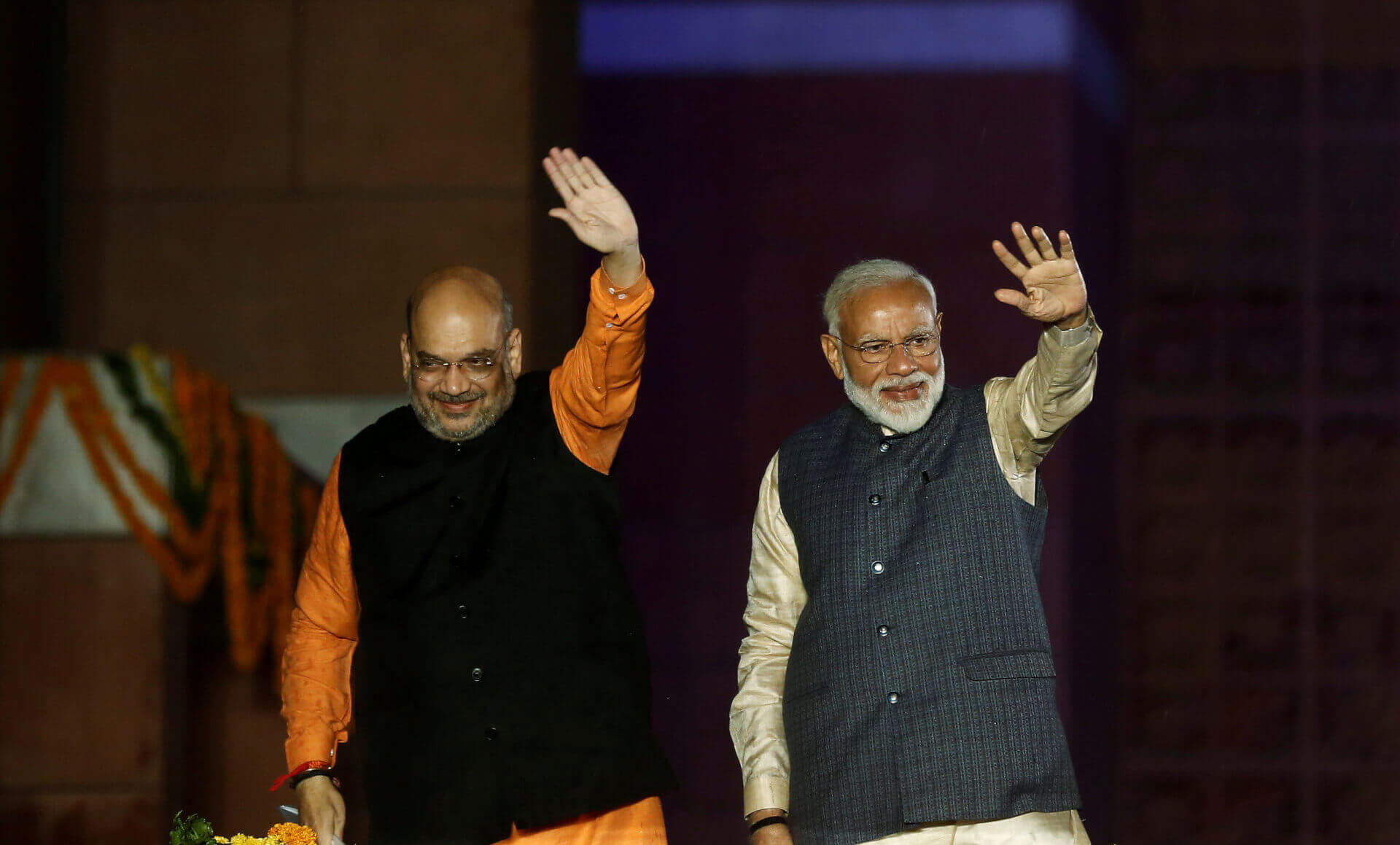Religious freedom in India under Narendra Modi has taken a “drastic turn downward” according to the US Commission on International Religious Freedom (USCIRF), a US federal government commission.
In the commission’s annual report, which was released yesterday, the bipartisan panel recommended India and 13 other nations to be designated as ‘countries of particular concern’ (CPCs) because their governments either engage in or tolerate “systematic, ongoing, egregious violations”. The panel called for targeted sanctions against Indian government agencies and individual officials responsible for severe violations of religious freedom.
The designation of India as a CPC–the lowest ranking, said to be reserved for the “worst of the worst”–has come for the first time since 2004. In last year’s listing, India was categorized as a “Tier 2” country. This year, the vice-chairperson of the commission, Nadine Maenza, said that the deterioration of religious freedom in India was “perhaps the steepest and most alarming” of all negative developments around the world.
The report included specific concerns about the Citizenship Amendment Act (CAA), the proposed National Register for Citizens (NRC), anti-conversion laws, and the situation in Jammu and Kashmir. The panel also accused the ruling Bharatiya Janata Party (BJP) of having “allowed nationwide campaigns of harassment and violence against religious minorities to continue with impunity, and engaged in and tolerated hate speech and incitement to violence against them”.
The Indian government reacted sharply to the report, stating that the commission’s “misrepresentation has reached new levels”. Authorities termed the report “biased and tendentious” and rejected its observations. Traditionally, India has not recognized the view of the USCIRF and has not allowed members to visit the country.
In recent months, the Indian government has also faced–and rejected–criticism over its treatment of minorities from the Organization of Islamic Cooperation (OIC), and various activists and scholars from Gulf nations.
Image Source: Deccan Herald
US Commission Says Religious Freedom in India Taking a “Drastic Turn Downward”
India is now designated among "countries of particular concern"
April 29, 2020

